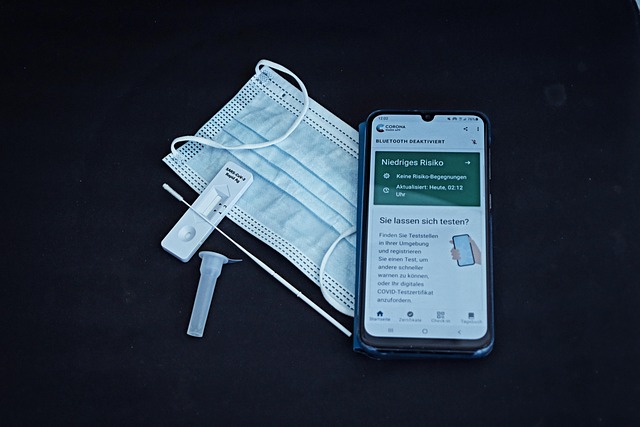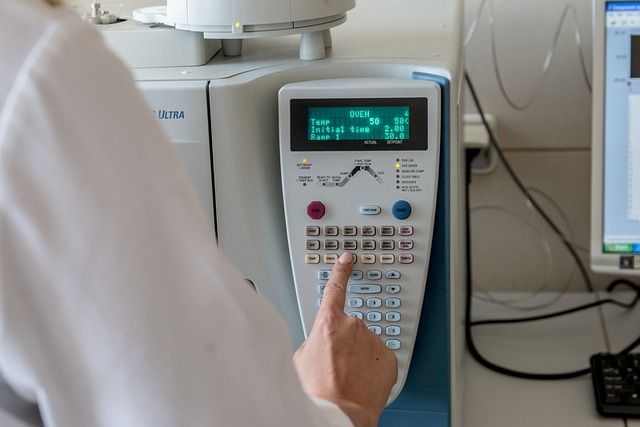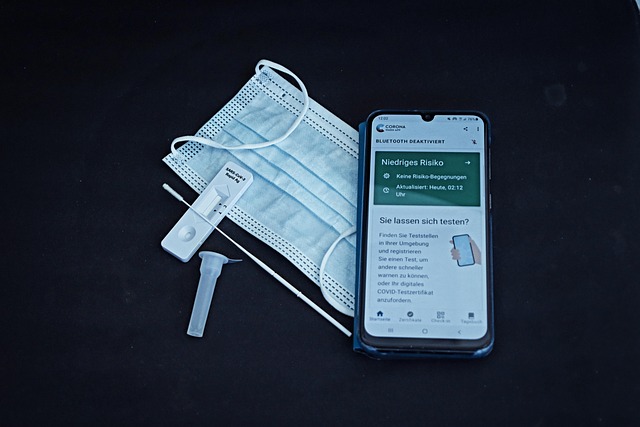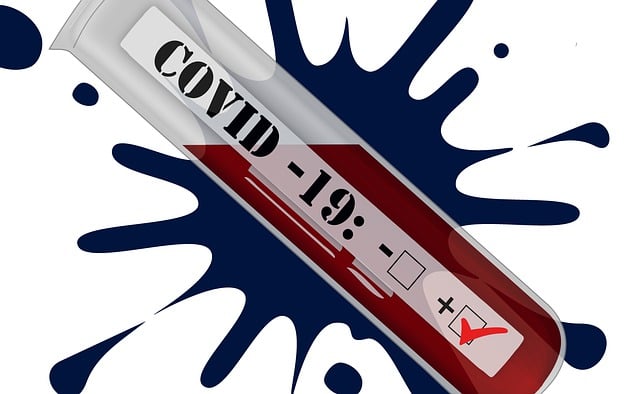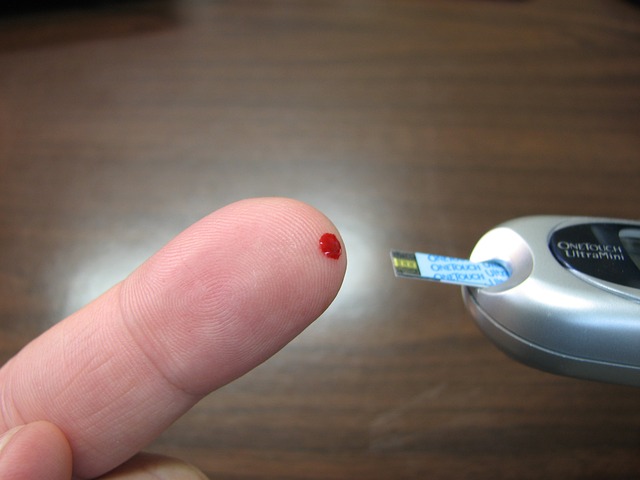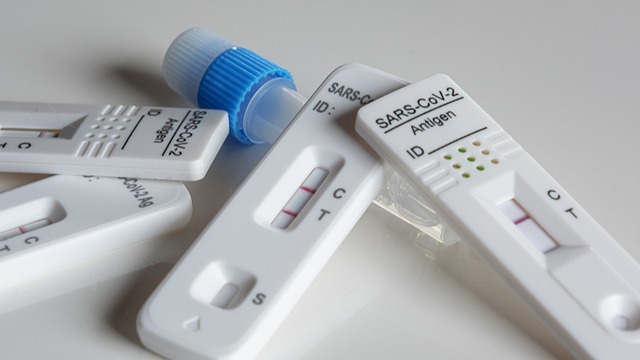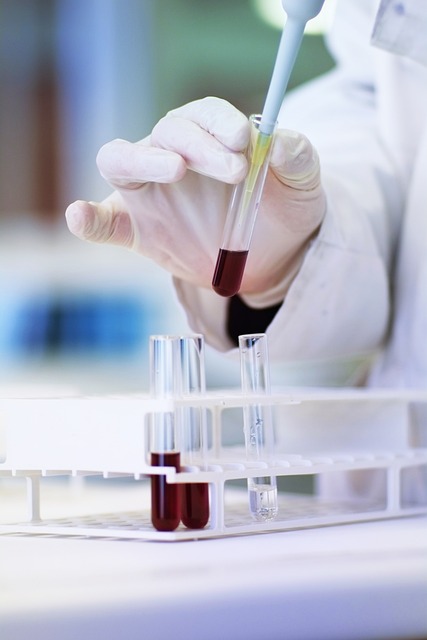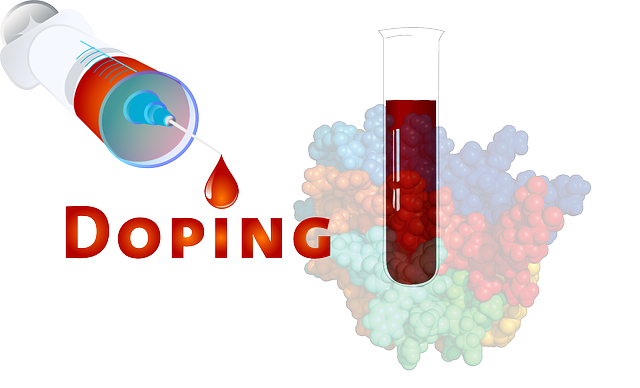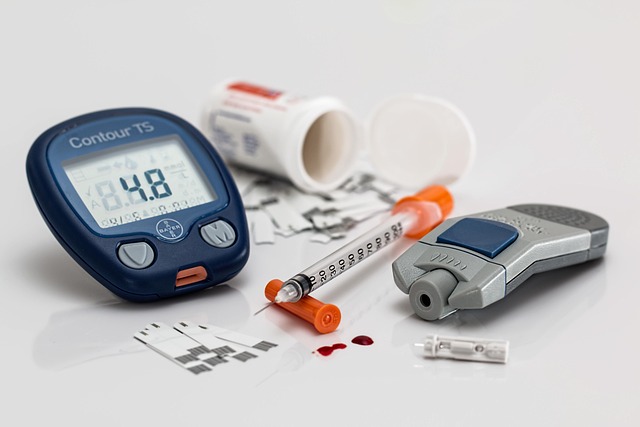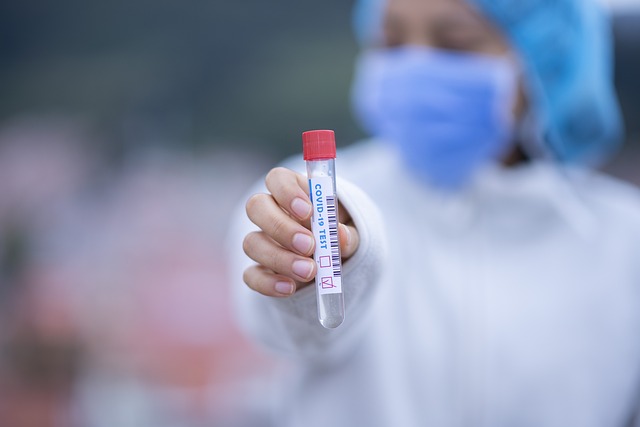Category: Blood test near me
Blood Test Near Me: Unlocking Vital Health Insights
Introduction
In today’s health-conscious world, understanding one’s well-being through comprehensive medical assessments has become paramount. At the forefront of these diagnostic tools are blood tests, which serve as a gateway to unlocking a wealth of information about an individual’s health status. The phrase “Blood test near me” encapsulates this modern need for convenient and accessible healthcare solutions. This article aims to delve into the multifaceted world of blood testing, exploring its definition, global reach, technological innovations, regulatory frameworks, and its profound impact on healthcare systems worldwide. By the end, readers will grasp the significance of blood tests as a pivotal component in navigating personal health and the broader healthcare landscape.
Understanding Blood Test Near Me: Unveiling the Basics
Definition: A blood test near me refers to any medical laboratory procedure involving the collection and analysis of blood samples from an individual for diagnostic, screening, or research purposes. These tests play a pivotal role in identifying various health conditions, monitoring disease progression, and guiding treatment decisions. The process involves drawing a small quantity of blood from a patient’s vein, typically through a needle, and then using specialized techniques to examine different components of the blood.
Core Components: Blood testing encompasses several key components:
-
Blood Collection: This initial step involves inserting a sterile needle into a vein, usually in the arm, to draw a sample of blood. The amount collected varies depending on the test required.
-
Sample Handling: Once drawn, the blood sample is carefully handled to prevent contamination and ensure its integrity for testing. It may be divided into several tubes for different types of analyses.
-
Laboratory Analysis: Trained technicians or automated systems perform various tests on the blood samples, including chemical analysis, cell counting, and antigen/antibody interactions. These analyses can detect abnormalities, measure hormone levels, identify infections, or assess organ function.
-
Interpretation and Reporting: The results of these analyses are interpreted by medical professionals who use them to make informed decisions about a patient’s health. Detailed reports are then generated, providing insights into the presence or absence of specific conditions.
Historical Context: Blood testing has evolved significantly over the past century. Early techniques focused on basic indicators like blood count and glucose levels. With advancements in medicine and technology, more complex tests became possible. The development of automated analyzers and improved laboratory techniques in the mid-20th century revolutionized blood testing, making it faster, more accurate, and more accessible. Today, with ongoing technological progress, blood tests are more diverse, sensitive, and specific than ever before.
Global Impact and Trends Shaping Blood Testing
Blood test near me has a profound global impact, influencing healthcare systems, research, and individual well-being across the international spectrum. Key trends shaping its trajectory include:
| Trend | Impact | Examples |
|---|---|---|
| Increasing Accessibility: There is a growing emphasis on making blood testing convenient and accessible to all. This trend has led to the establishment of walk-in clinics, mobile testing units, and home-based testing kits, ensuring people can get tested without significant barriers. | Enables early detection and treatment of conditions like diabetes, cancer, and heart disease. | Many countries now offer regular screening programs for high-risk populations, such as breast cancer screenings for women over 50. |
| Personalized Medicine: The rise of personalized or precision medicine drives the need for detailed individual health assessments. Blood tests play a crucial role in identifying genetic markers, predicting disease susceptibility, and tailoring treatments accordingly. | Improves treatment outcomes by providing targeted therapies. | Pharmacogenomics testing helps determine the best medication and dosage for an individual based on their DNA profile. |
| Global Health Surveillance: Blood testing is instrumental in global health initiatives, particularly in tracking infectious diseases and monitoring public health trends. It aids in early detection and response to outbreaks, as demonstrated during the COVID-19 pandemic. | Facilitates rapid response and resource allocation during health crises. | During the pandemic, many countries implemented widespread blood donation and SARS-CoV-2 antibody testing programs to track community infection rates. |
| Telehealth Integration: The integration of telehealth services with blood testing allows remote monitoring and diagnosis, especially valuable in rural or underserved areas. | Expands healthcare accessibility, particularly for individuals in remote locations or those with limited mobility. | Telemedicine platforms can connect patients with healthcare providers who order and interpret blood tests remotely, offering timely consultations and treatment recommendations. |
| Digital Health Solutions: Digital technologies are transforming blood testing by enabling faster results, enhanced data management, and improved patient engagement. Mobile apps, for instance, can guide users through test preparation and provide real-time updates on results. | Enhances patient convenience, engagement, and adherence to healthcare plans. | Some diagnostic companies use AI algorithms to analyze blood data, offering personalized health insights and recommendations based on individual profiles. |
Economic Considerations: Market Dynamics and Impact
The economic landscape surrounding blood test near me is complex, involving various stakeholders and market forces that shape its availability, cost, and accessibility.
-
Market Size and Growth: The global medical diagnostics market, a significant portion of which is dedicated to blood testing, is projected to reach USD 324.8 billion by 2027, growing at a CAGR of 7.5% from 2020 to 2027 (Grand View Research). This growth is driven by increasing demand for personalized medicine, aging populations, and rising healthcare expenditure globally.
-
Cost Structure: Blood testing costs vary widely depending on the complexity of tests, regional factors, and whether they are covered by insurance. Basic screening tests may be relatively affordable, while specialized or research-based tests can be considerably more expensive. Insurance coverage plays a crucial role in making these services accessible to patients.
-
Revenue Streams: Revenue from blood testing originates from various sources, including patient out-of-pocket payments, private insurance claims, government health programs, and research collaborations. Hospitals, clinics, and diagnostic laboratories are key providers of these services.
-
Regulatory Environment: Government regulations significantly impact the market by setting quality standards, approval processes for new tests, and pricing guidelines. These measures ensure safety, accuracy, and affordability in blood testing.
Technological Innovations: Driving Blood Testing Forward
Technological advancements have been pivotal in improving the efficiency, sensitivity, and scope of blood testing. Key innovations include:
-
Automated Analyzers: Modern laboratory automation has transformed blood testing by automating repetitive tasks, reducing human error, and increasing throughput. These machines can perform multiple tests simultaneously, processing large volumes of samples with impressive speed and accuracy.
-
Molecular Diagnostics: The field of molecular diagnostics, focusing on the detection of genetic material like DNA and RNA, has revolutionized blood-based testing. PCR (Polymerase Chain Reaction) technology enables the amplification of specific genetic sequences, allowing for highly sensitive disease detection, including viral infections and genetic disorders.
-
Point-of-Care Testing (POCT): POCT devices bring laboratory testing directly to patients’ locations, providing quick results at the point of care. These portable, user-friendly devices are particularly valuable in emergency settings, remote areas, or for routine screening in community health centers.
-
Artificial Intelligence (AI) and Machine Learning: AI algorithms are increasingly used to analyze complex blood data, interpret results, and provide personalized insights. This technology can identify patterns and correlations that might be missed by traditional analysis, leading to improved diagnostic accuracy and patient outcomes.
Regulatory Frameworks: Ensuring Safety and Quality
Regulatory bodies worldwide play a critical role in ensuring the safety, effectiveness, and quality of blood testing practices. These regulations cover various aspects, from test development and validation to laboratory quality control and patient data privacy.
-
Test Development and Validation: Regulatory agencies review and approve new blood tests for safety and efficacy before they can be marketed. Rigorous evaluation processes ensure that tests meet established performance standards and provide accurate results.
-
Quality Control and Assurance: Laboratories must adhere to strict quality control measures to maintain accuracy and consistency in test results. Regular monitoring, calibration, and standardization procedures are essential to prevent errors and ensure reliable data.
-
Patient Data Privacy: Blood testing involves handling sensitive personal health information. Regulations like HIPAA (Health Insurance Portability and Accountability Act) in the US or GDPR (General Data Protection Regulation) in Europe safeguard patient privacy and protect their data from unauthorized access or misuse.
Impact on Healthcare Systems: Benefits and Challenges
Blood test near me has profound implications for healthcare systems worldwide, offering both significant advantages and unique challenges:
Benefits:
- Improved Diagnosis and Treatment: Blood tests provide critical information for accurate diagnosis and tailored treatment plans, leading to better patient outcomes.
- Early Disease Detection: Regular screening programs can detect conditions like cancer or diabetes in their early stages, allowing for more effective management and potentially preventing complications.
- Personalized Medicine: By identifying genetic markers and risk factors, blood tests enable personalized healthcare approaches, improving treatment effectiveness.
- Public Health Surveillance: Blood testing is a powerful tool for tracking disease trends, monitoring public health initiatives, and responding to health crises.
Challenges:
- Accessibility Disparities: Despite efforts to improve accessibility, geographic, socioeconomic, and cultural barriers still exist, limiting access to blood testing for marginalized communities.
- Cost and Reimbursement: The high cost of certain tests and complex reimbursement systems can be a financial burden on patients and healthcare providers, especially in underresourced settings.
- Data Interpretation and Communication: Interpreting complex blood test results accurately and communicating them effectively to patients and caregivers requires specialized knowledge and skills.
- Privacy and Security Concerns: With the increasing digitalization of health data, ensuring the privacy and security of sensitive patient information is a significant challenge.
Future Perspectives: Emerging Trends and Research Directions
As we look ahead, several emerging trends and research directions hold promise for advancing blood testing in the years to come:
-
Liquid Biopsy: This non-invasive approach uses free circulating tumor DNA (ctDNA) in blood to detect cancer and monitor treatment response, offering potential benefits over traditional tissue biopsy.
-
Single-Cell Analysis: Enabling the examination of individual cells, this technology provides unprecedented resolution for understanding cellular diversity, disease mechanisms, and responses to therapies.
-
Personalized Vaccine Development: Blood testing can contribute to the development of personalized vaccines by identifying specific immune profiles associated with protection against diseases.
-
Digital Health Technologies: Integration of blood testing with digital health platforms holds potential for remote monitoring, improved patient engagement, and enhanced data sharing between patients and healthcare providers.
In conclusion, blood testing is a cornerstone of modern healthcare, offering powerful tools for diagnosis, treatment, and public health surveillance. Technological advancements, regulatory innovations, and ongoing research continue to shape the field, driving improvements in accuracy, accessibility, and efficiency. As we navigate the future of medicine, blood testing will undoubtedly play an increasingly vital role in optimizing patient outcomes worldwide.
Accurate Allergy Diagnosis: Find & Prepare for Blood Testing Near You

Allergies can be effectively managed by identifying triggers using a blood test near you, which dete…….
Check Kidney Health: Find Blood Test Near You for Early Detection
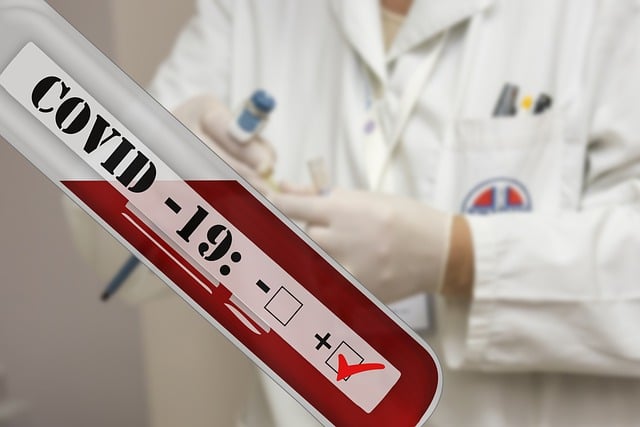
Kidney function blood tests, available at clinics near you, are essential tools for early kidney iss…….
Book a Private Blood Test Near Me: Your Comprehensive Guide
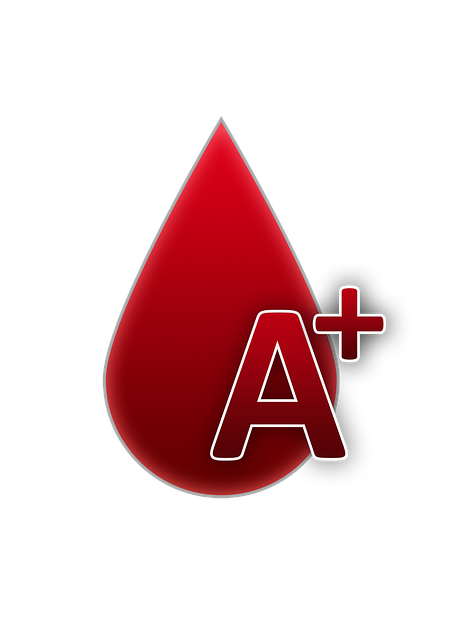
Opting for a private blood test near you offers unparalleled convenience, accessibility, and peace o…….
Uncover Specialist Blood Test Near Me: Diagnosing Medical Conditions
Fast-Track Blood Test Near Me: Quick Turnaround, Accurate Results
Affordable Blood Test Near Me: Transparent Pricing Explained
Find Affordable Blood Tests Near You: Transparent Pricing Guide

Blood tests, crucial for assessing patient health, offer various options like CBC, Lipid Profile, BM…….
Find Specialist Blood Tests Near Me for Accurate Medical Diagnosis

Specialist blood tests near you are advanced diagnostic tools that uncover specific medical conditio…….
Check Your Heart Health: Find a Blood Test Near You for Cholesterol
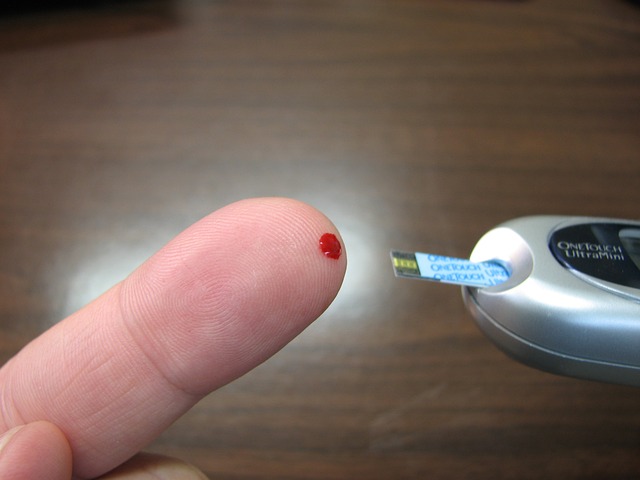
High cholesterol, often without symptoms, can harm heart health. A simple blood test near you measur…….
Find Specialist Blood Tests Near You for Accurate Diagnosis
Liver Function Blood Test Near Me: Reliable Facilities for Organ Health

Liver function blood tests, available at local labs, are essential for early detection of liver issu…….
Book Private Blood Test Near Me: Your Comprehensive Guide

Private blood testing offers convenient, confidential health insights with quick turnaround times, i…….
Fast-Track Blood Test Near Me: Quick Turnaround Options Explained
Blood Test Near Me: Comprehensive Guide to Pathology Analyses
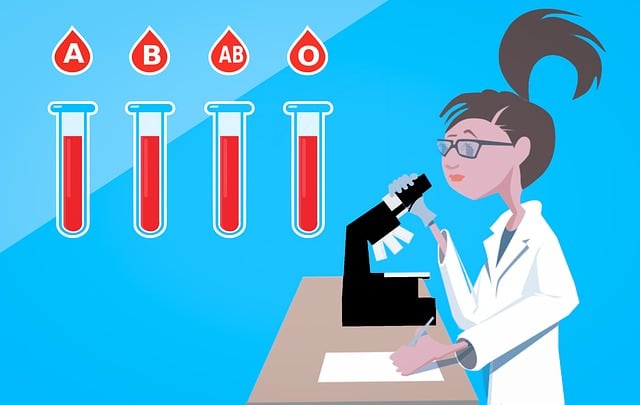
A blood test near you is a crucial diagnostic tool that analyzes health markers for early disease de…….
Book Private Blood Test Near Me: Find Reputable Labs Today

Private blood testing offers individuals convenient, confidential health insights, ideal for proacti…….
Comprehensive Blood Testing: Find Reputable Services Nearby
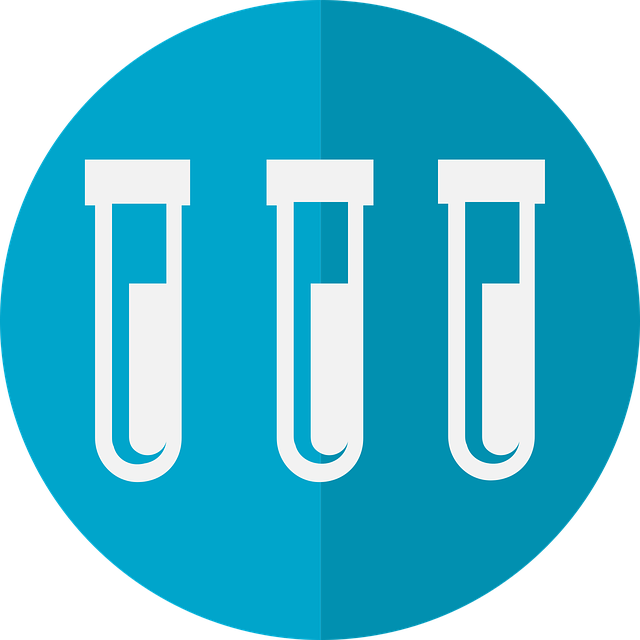
A full body health check-up blood test is a comprehensive tool that provides early insights into ove…….
Vitamin Deficiency Blood Test Near Me: Unlocking Wellness Insights
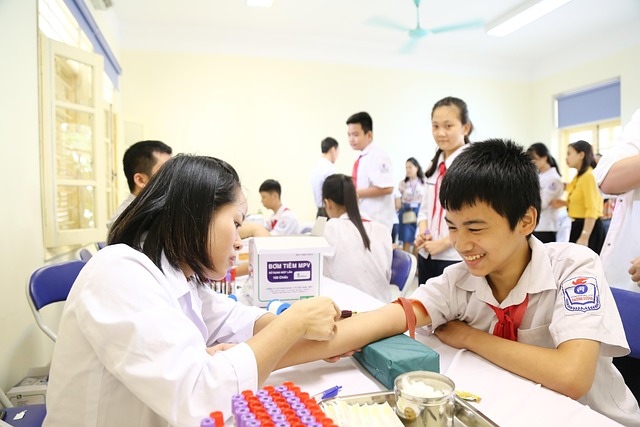
Vitamin deficiencies, caused by diet or health issues, show diverse symptoms like anemia, fatigue, b…….
Accurate Allergy Diagnosis: Find Blood Test Near You
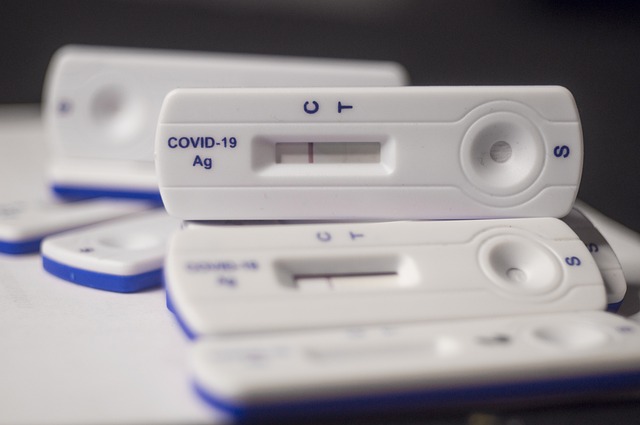
Allergy blood tests, easily accessible at local medical facilities or pharmacies, offer a non-invasi…….
Affordable Blood Test Near Me: Transparent Pricing and Quality Assurance
Cholesterol Check Near Me: Understanding Heart Health Testing
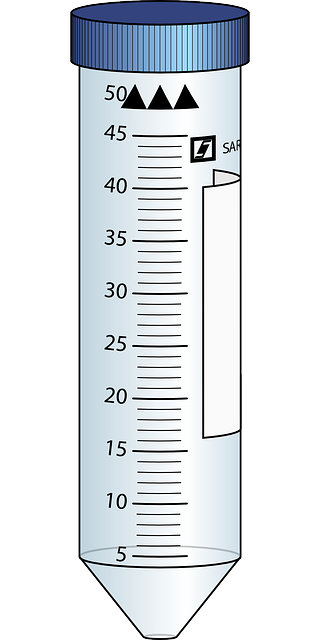
Cholesterol management is key to heart health. Elevated LDL cholesterol levels lead to atheroscleros…….
Find Specialist Blood Test Near You for Accurate Diagnosis
Accurate Blood Testing Near You: Navigating Reliable Facilities for Better Health
Find Hormone Blood Test Clinics Near You for Optimal Health
Blood Test Near Me: Your Guide to Routine Health Checkups
Uncover Wellness: Get Your Vitamin Deficiency Blood Test Near Me

Vitamin deficiencies, often overlooked, can significantly impact overall health (energy levels, immu…….
Flexibility in Blood Tests Near Me: NHS vs Private Sector Comparison
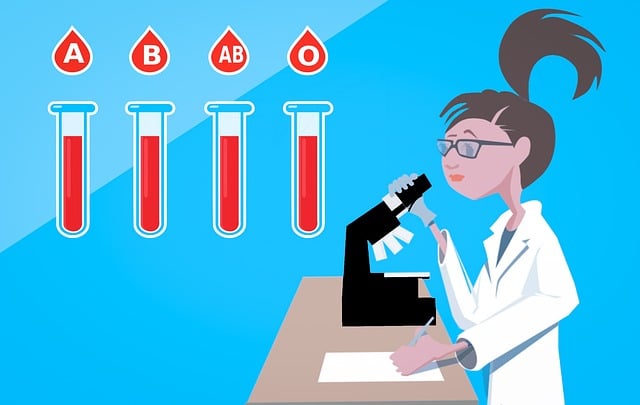
Discovering convenient blood test locations near you is easier than ever, with both National Health…….
Mastering Advanced Blood Tests: Find Top Labs Near You
Accurate Allergy Diagnosis: Find Reliable Blood Testing Near You
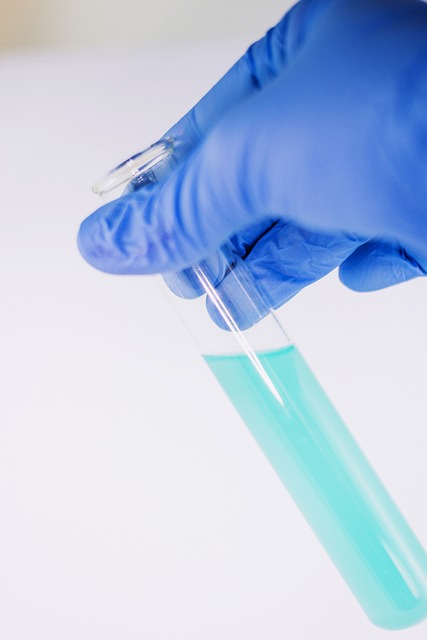
Allergy blood tests conveniently identify specific allergens causing symptoms by analyzing antibody…….
Comprehensive Blood Test Near Me: Understanding and Interpreting Your Results
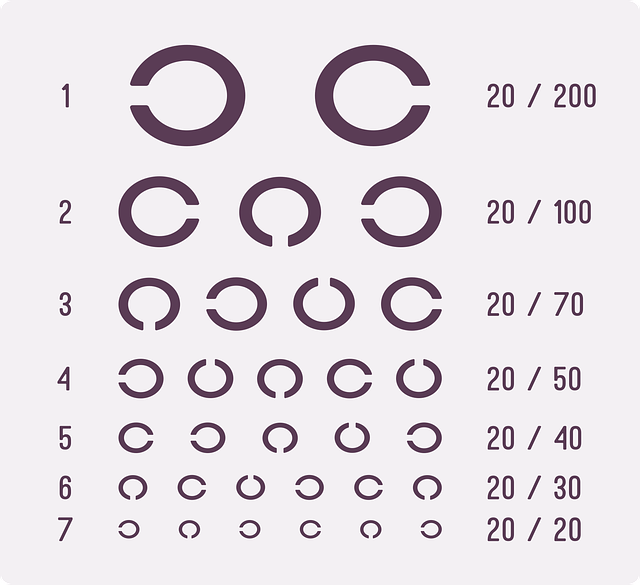
Comprehensive blood tests (CBCs) are powerful tools for evaluating overall health, detecting cardiov…….
Liver Health Check: Find a Blood Test Near You
Find Reliable Blood Tests Near Me for Fast, Accurate Results
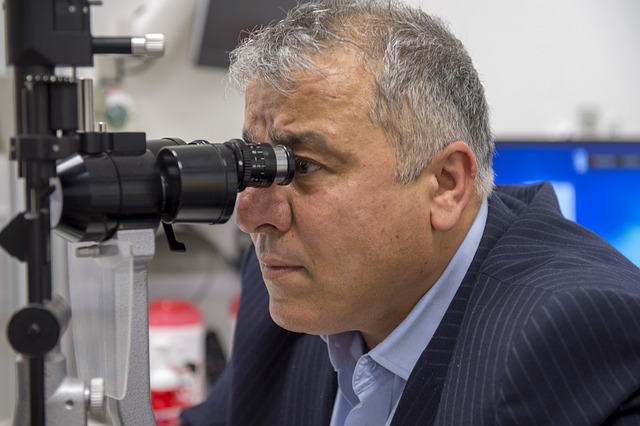
When looking for a blood test near your location, prioritize reputable clinics with advanced equipme…….
Liver Health: Get Your Blood Test Near Me for Organ Well-being
Blood Test Near Me: Regular Checkups for Peace of Mind
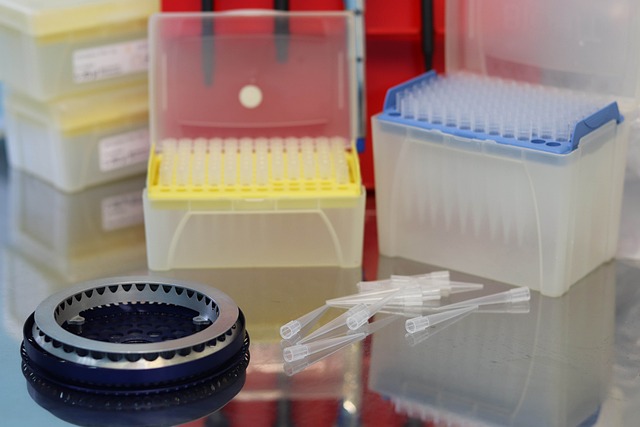
Routine blood tests are essential health checkups that detect conditions early for effective treatme…….
Find Peace: Common Blood Tests Near You for Better Health
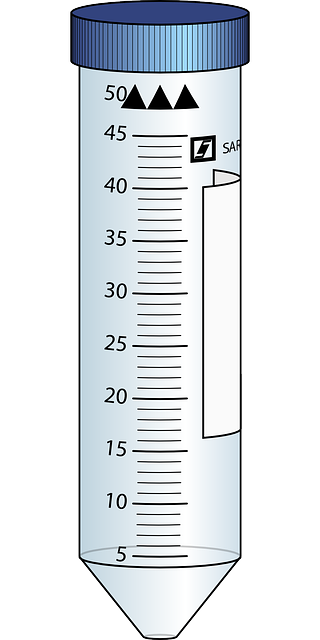
Consider common blood tests recommended by doctors for assessing overall health, such as a Comprehen…….
